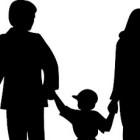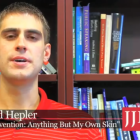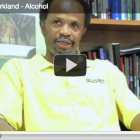
Social Networking Teens More Likely to Drink or Use Drugs, Study Finds
|
Teens who spend time on social networking sites such as Facebook are more likely to smoke, drink alcohol or use drugs, says a new survey by the National Center on Addiction and Substance Abuse (CASA). The report says:
Compared to teens who do not spend time on a social networking site in a typical day, teens who do are:
Five times likelier to have used tobacco (10 percent vs. 2 percent);
Three times likelier to have used alcohol (26 percent vs. 9 percent);
Twice as likely to have used marijuana (13 percent vs. 7 percent).


